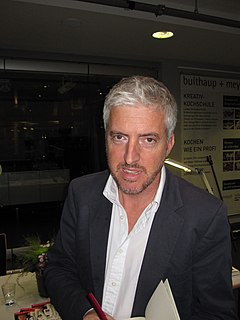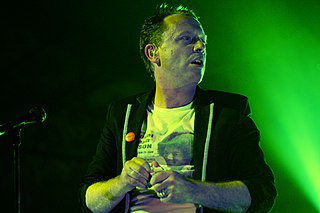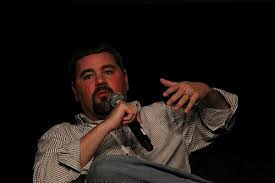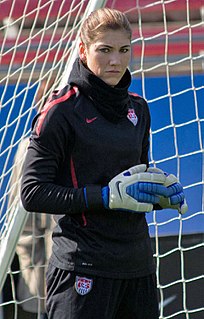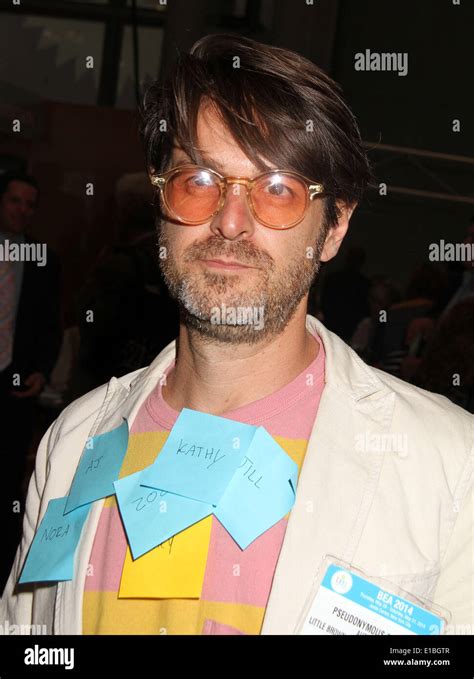A Quote by Anthony McCarten
I often find that writers who disavow the importance of an ending are just not very good at endings.
Related Quotes
In those early days, the important thing was the happy ending. I did not tolerate unhappy endings - for my heroines, anyway. And later on, I began to read things like 'Wuthering Heights,' and very, very unhappy endings would take place, so I changed my ideas completely and went in for the tragic, which I enjoyed.
